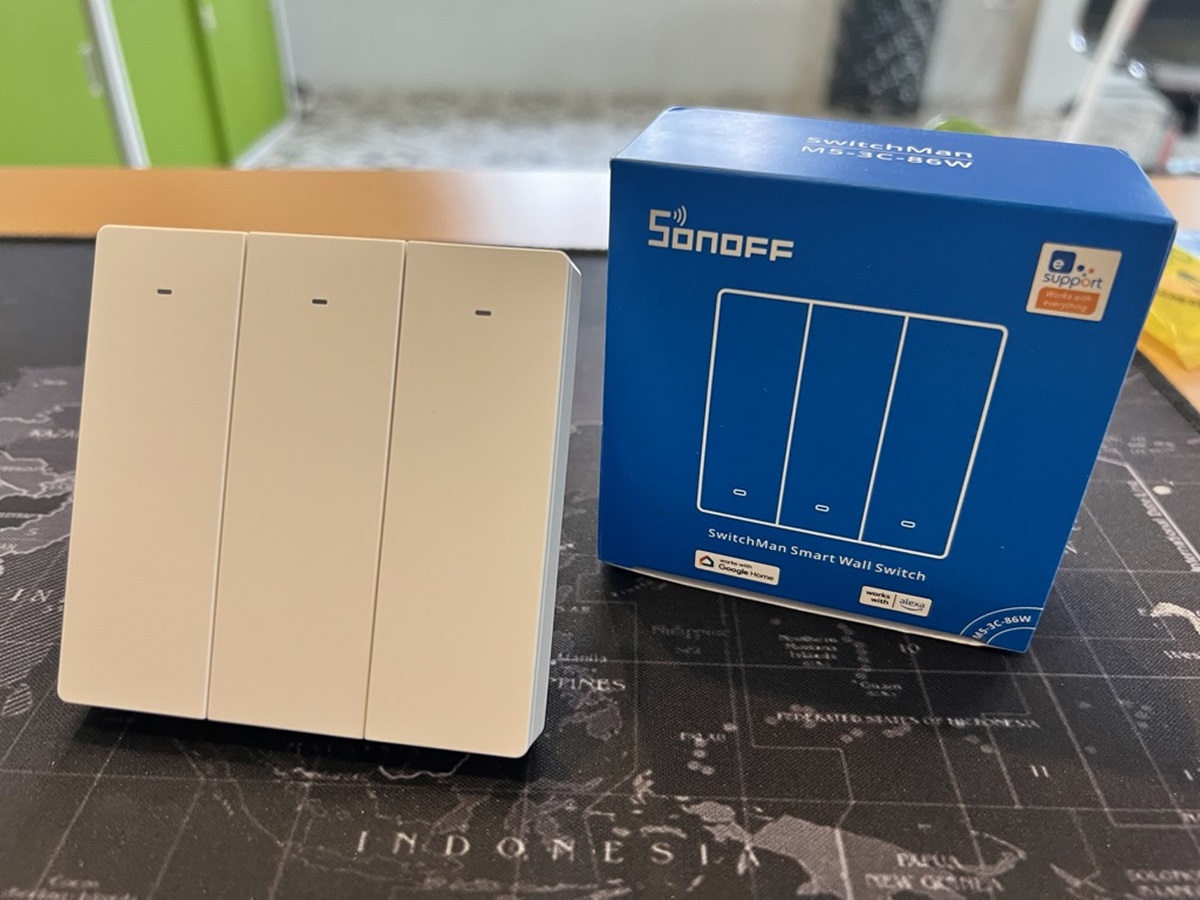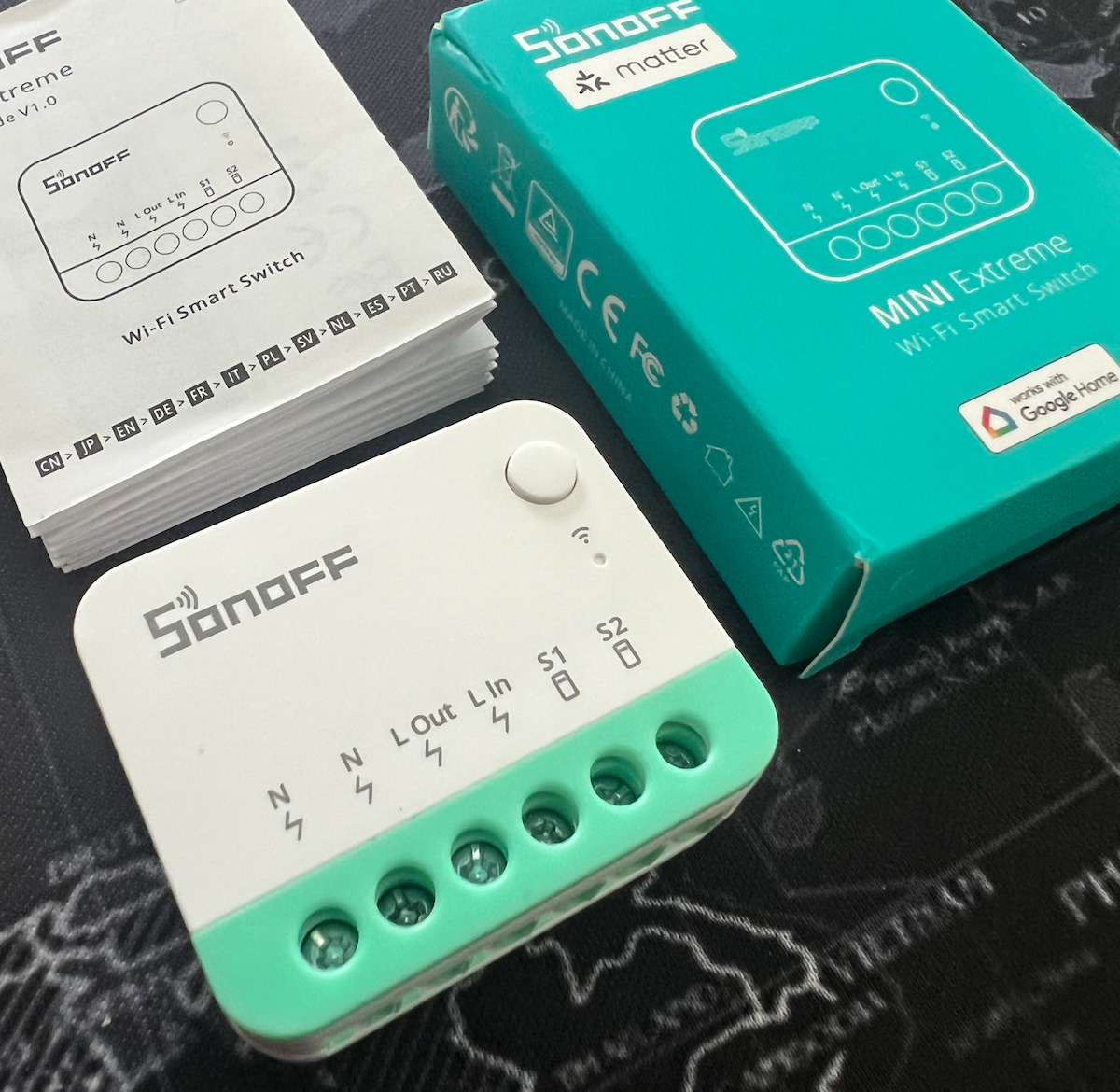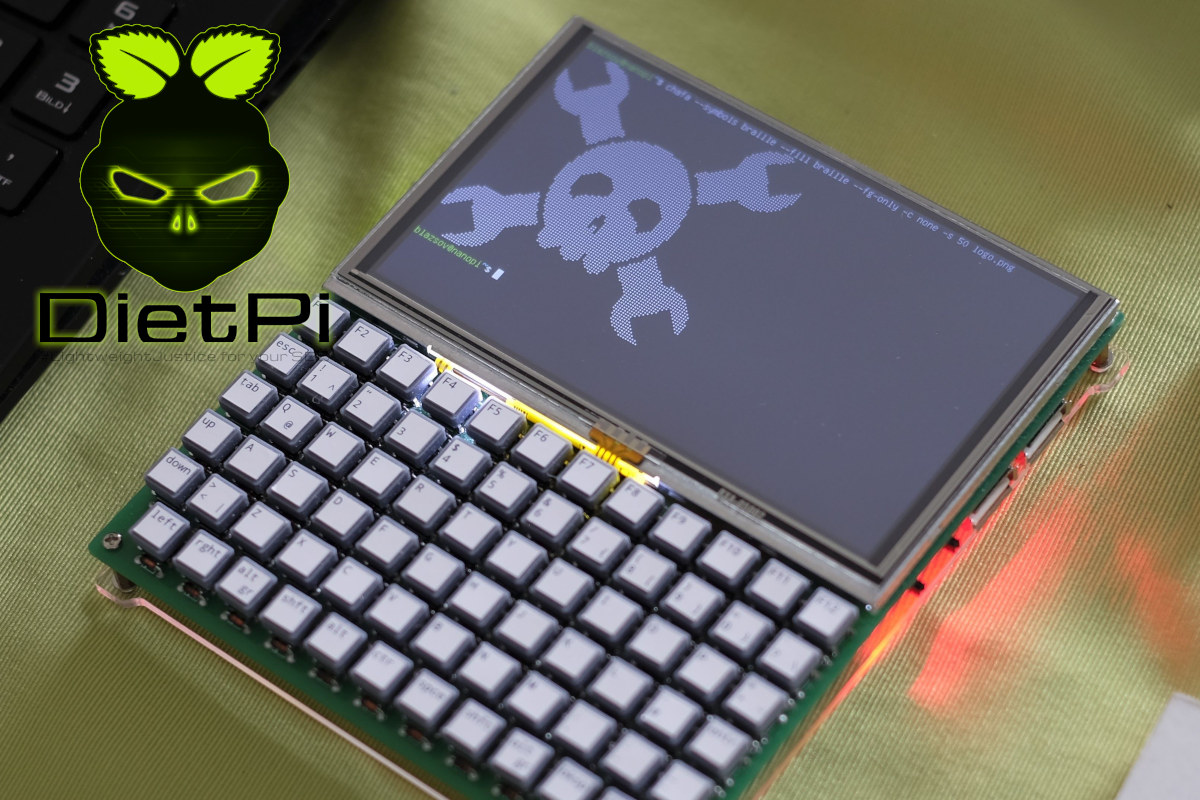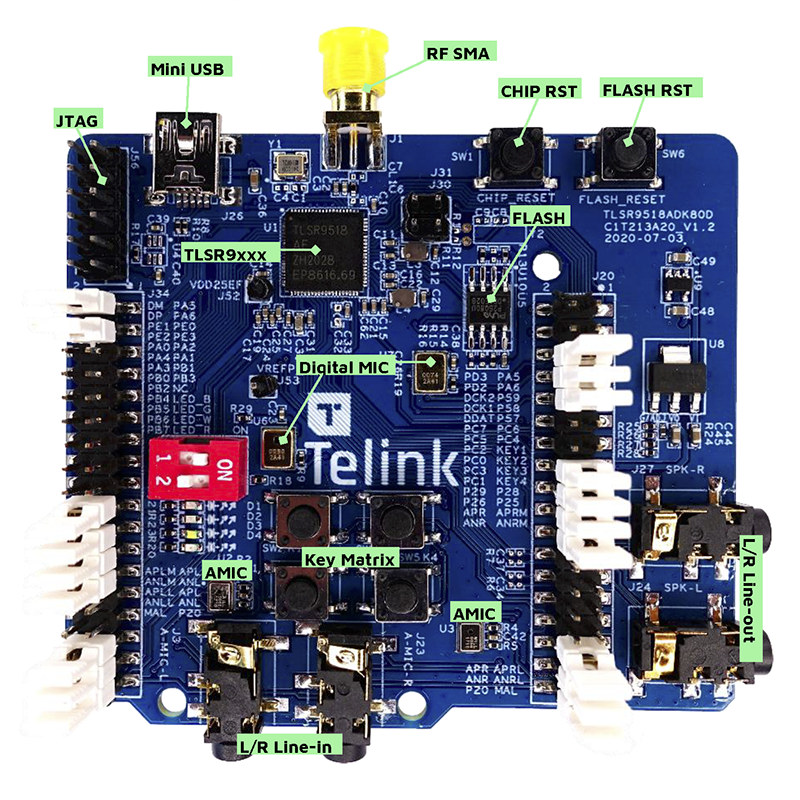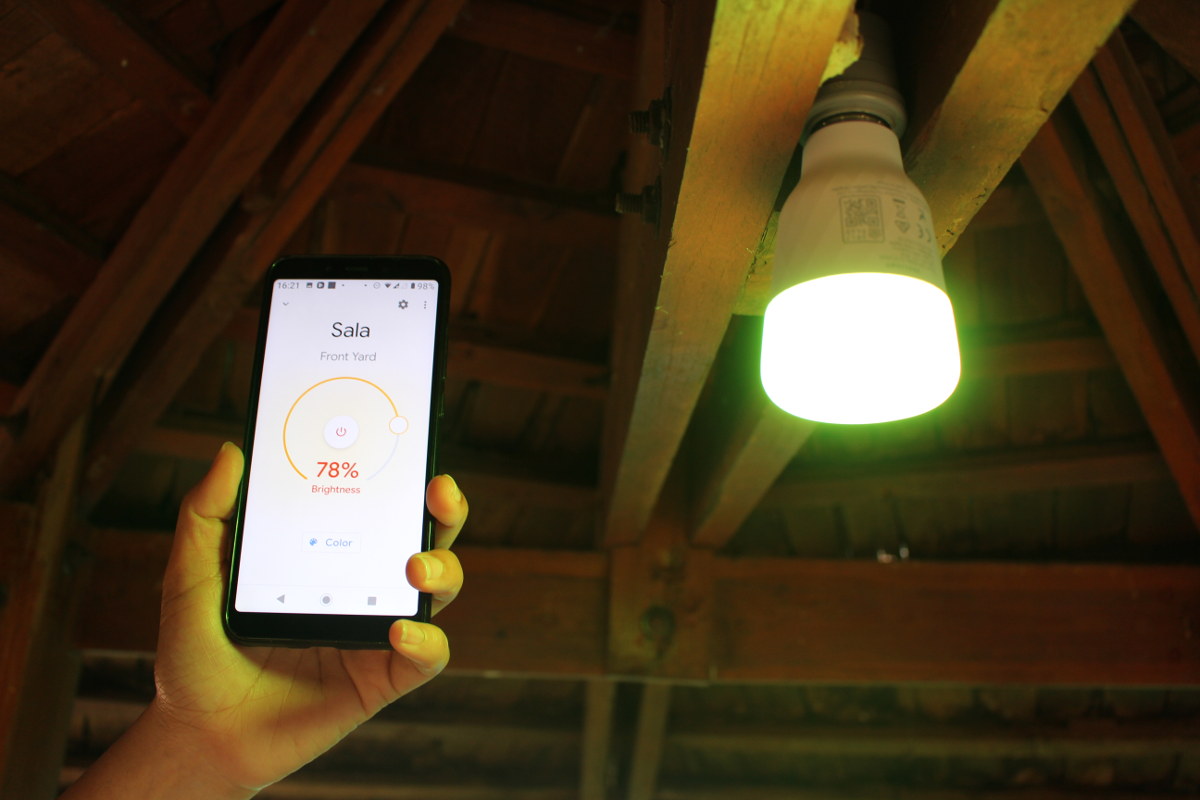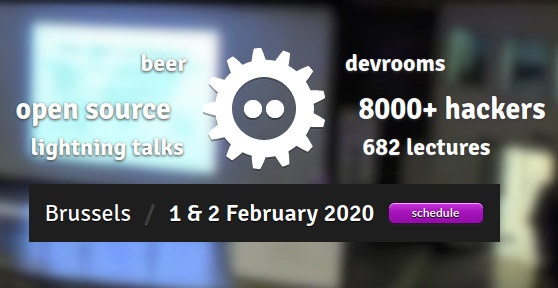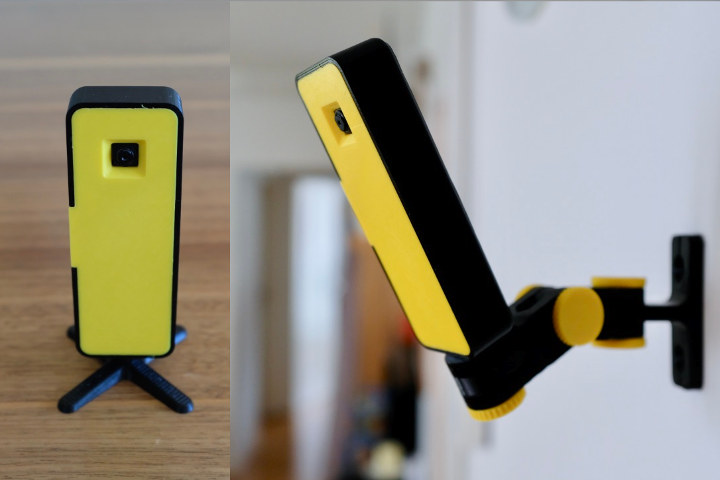We received the latest Smart Wall Switch from SONOFF, called the SwitchMan Smart Wall Switch-M5 Matter, which we will refer to in short as M5 Matter. This model supports Matter (over WiFi) and is very similar to its predecessor, the SwitchMan Smart Wall Switch-M5, with the addition of Matter. The M5 Matter provides an alternative option for easy integration with other Smart Home platforms that support Matter. This device is the second one from SONOFF to support Matter, we already reviewed the first Matter device, the SONOFF MiniR4M at the end of last year. Matter, developed by the Connectivity Standards Alliance (CSA), is supported by major companies such as Apple, Amazon, Google, LG, and Samsung, as well as other smaller companies. It could be a boon for Smart Home enthusiasts seeking a universal communication standard between devices, offering more choices, less complexity, and potentially lower costs. Let’s take a closer […]
Review of the first Matter device by SONOFF – MINI Extreme Wi-Fi Smart Switch (MINIR4M)
We have just received the first Matter product from SONOFF for review, which is the Mini Extreme Switch (MINIR4M) model. Its external appearance closely resembles the Mini Extreme Switch Wifi (MINIR4) which we reviewed previously. They have different colors to distinguish between WiFi (Orange) and Matter (Green). In this review, we have experimented with various Smart Home platforms that support Matter, such as Home Assistant, Apple HomeKit, Google Home, and even their own eWeLink app. Let’s see how their operations and features differ to some extent. Quick intro for Matter. We have heard Matter/Thread together in the news. Matter is a control protocol, while Thread is a communication protocol. Both protocols can work together, or separately. Matter can operate on the top of various communication protocols, including WiFi, Ethernet, BLE, or Thread, with subtle differences such as energy efficiency, network, and resiliency. What’s crucial to note is that Matter acts […]
DietPi News – v8.20 released, NanoPi Neo Air handheld Linux terminal
The latest DietPi v8.20 release of the lightweight Debian-based Linux distribution for SBCs and server systems was outed on July 29, 2023, and on a separate note, a DIY handheld Linux terminal based on the NanoPi Neo Air SBC and running DietPi has been found on the interwebs. DietPi v8.20 release The project team released the new DietPi v8.20 on July 29th, 2023 with the following highlights: Homebridge: New software package bringing Apple Homekit support Kernel updates for Pine64 Quartz64 – Linux 6.4.7 and enabled support for the NFS kernel server FriendlyELEC NanoPi R5S/R5C/R6S series – Linux 5.10.160 StarFive VisionFive 2 RISC-V SBC – Linux 5.15.123 WiFi Hotspot: Enhanced DHCP default settings Fixes and updates for DietPi-LogClear, DietPi-Dashboard, DietPi-LetsEncrypt, PaperMC, vaultwarden, etc… The full changelog can be found on the DietPi website and the source code is hosted on GitHub. NanoPi Neo Air handheld Linux terminal running DietPi While it’s […]
Telink TLSR9 Wireless Audio & IoT RISC-V SoC integrates RISC-V DSP/SIMD P-extension
At the end of last month, there was a lot of buzz about Bouffalo BL602, one of the first RISC-V SoC with built-in wireless connectivity, namely WiFi 4 and Bluetooth 5.0 LE. We should expect more and more of those types of solutions, and Telink & Andes jointly introduced TLSR9-series of wireless audio chips for hearables, wearables, and other high-performance IoT applications. The chips are powered by an Andes D25F RISC-V 5-stage core that happens to be the first core to integrate RISC-V DSP/SIMD P-extension and offer Bluetooth 5.2, Zigbee 3.0, HomeKit, 6LoWPAN, Thread, and/or 2.4 GHz proprietary protocol. The press release focuses on the Andes core, but an article in Chinese allows use to find more about Telink TLSR9 family’s key features: CPU – Andes D25F 32-bit RISC-V 5-stage core @ up to 96 MHz (2.59 DMIPS/MHz and 3.54 CoreMark/MHz) with RISC-V DSP/SIMD P-extension Optional NNU – AI engine […]
Yeelight Smart LED Bulb 1S (Color) Review with Android App and Google (Local) Home
Last summer, Google released the Local Home SDK developer preview which allows developers to run actions and use resources on the local device rather than in the Cloud for lower latency. One company that updated its devices is Yeelight whose WiFi smart lights have now been enhanced with the Google Local Home SDK helping deliver a latency of less than 0.3 seconds, so you don’t need to wait after your voice command has been processed by Google Assistant. The company contacted me to test the new feature and had GearBest sent a sample of Yeelight Smart LED Bulb 1S (Color) for review. I have never tested Yeelight devices so I’ll start with an unboxing, testing with the Android app, before trying it out with Google Home and Google Assistant. Unboxing of Yeelight Smart LED Bulb 1S (Color) The package has some useful information about the light bulb including some specifications […]
Some Interesting Talks from FOSDEM 2020 Schedule
We wrote about IoT devroom call for proposals for FOSDEM 2020 a little while ago, and as the free open-source developer meetup is getting closer, FOSDEM 2020 organizers released the schedule. So I’ll look at some of the talks in the relevant devrooms such as the Internet of Things, hardware enablement, Embedded, Mobile and Automotive, as well as RISC-V and others to compose my own little virtual schedule for the 2-day event. Saturday, February 1 10:30 – 10:50 – How lowRISC made its Ibex RISC-V CPU core faster – Using open source tools to improve an open-source core – by Greg Chadwick Ibex implements RISC-V 32-bit I/E MC M-Mode, U-Mode, and PMP. It uses an in-order 2 stage pipe and is best suited for area and power-sensitive rather than high-performance applications. However, there is scope for meaningful performance gains without major impact to power or area. This talk describes work […]
HKCam is a Raspberry Pi Zero W based DIY HomeKit IP Camera
HKCam is an IP camera based on Raspberry Pi Zero W board and compatible with any HomeKit apps. The developer, Matthias Hochgatterer, did not make the hardware himself, and instead purchased a Raspberry Pi Zero W + camera kit sold for around $30 on Aliexpress. His main work was to design a 3D printed case and write the software running in the camera, as well as his own Home 3 smart home automation app for iOS compatible with HomeKit. The only hardware needed is the Raspberry Pi Zero W with a power supply, the official Raspberry Pi camera module with is flat cable, and a microSD card, so you could also get those locally instead of purchasing them from Aliexpress. The firmware is based on Raspbian, FFmpeg to access the camera stream, as well as hc, a lightweight framework to develop HomeKit accessories in Go. You’ll find the documentation, source […]
Apple Opens HomeKit Accessory Protocol Specification to Non-Commercial Projects
HomeKit is a software framework that allows Apple users to control smart devices with their iPhone or iPad. But so far, you had to become an MFI licensee to design a HomeKit compatible device, you product had to be tested by Apple, and – according to a story on Hackster.io – also required a special cryptographic chip for authentication. Developers creating commercial devices still need to become an MFI license, but Apple has now opened HomeKit Accessory Protocol Specification for non-commercial projects, meaning you can now use the Framework on Arduino, ESP8266 boards, Raspberry Pi, and other development boards using software authentication. You could already use HomeKit on Raspberry Pi board previously using HomeBridge, but the advantage now is that you don’t need to breach Apple’s terms and conditions, and you can talk directly to your phone without the need for a bridge. If you want the specifications got to […]


